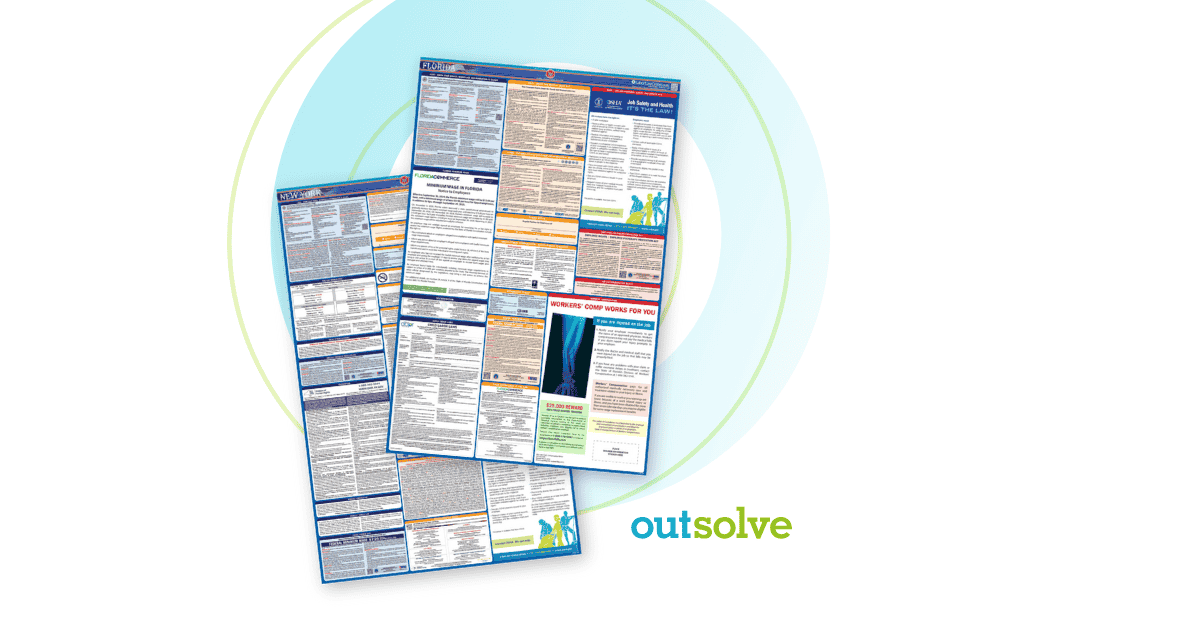2 min read
Massachusetts Advances Pay Equity with Groundbreaking Pay Transparency Bill
 Neil Dickinson
:
Aug 6, 2024 11:36:35 AM
Neil Dickinson
:
Aug 6, 2024 11:36:35 AM

In a landmark move, the Massachusetts legislature has passed a significant bill promising to bring a new level of transparency to the hiring process. The bill, known as an Act Relative to Salary Range Transparency, requires employers with 25 or more employees to disclose salary ranges when posting job positions. This legislation is set to make Massachusetts the eleventh state to mandate such pay transparency, a step that many believe will help close the gender and racial wage gap.
We've made it easy for you to navigate what steps to take: skip right to Actions Massachusetts Employers Should Take Now
The Drive for Pay Equity
The push for pay transparency is not new to Massachusetts. The state has been at the forefront of pay equity since the passage for the Massachusetts Equal Pay Act in 2016, which prohibited wage discrimination based on gender. The new bill builds on this foundation, aiming to bring fairness and equality to all workplaces in the Commonwealth of Massachusetts.
What is Included in the Massachusetts Bill?
The bill's provisions are straightforward and impactful:
- Salary Range Disclosure: Employers with 25 or more employees to disclose a salary range when posting a position.
- Promotion and Job Application Transparency: Prospective employees have the right to ask for the salary range for the position when applying for a job or seeking a promotion.
- Data Reporting: Businesses with 100 or more employees must share their federal wage and workforce data with the Executive Office of Labor and Workforce Development (EOLWD).
Impacts on Workers and Employers
Job seekers and candidates will be empowered, entering into pay negotiations with a clearer understanding of their worth as an employee and the salary they should expect. For employers, it is an opportunity to demonstrate their commitment to fair pay and to attract talent in a competitive market. Employers who have a reputation of fair pay can attract top talent in a tight labor market.
This bill's passage reflects a united front in the Massachusetts Legislature, with leaders from both the House and the Senate expressing their steadfast commitment to equitable treatment and compensation in the workplace. The legislation now awaits the signature of Governor Maura Healy, who is expected to endorse the bill, further solidifying Massachusetts' position as a leader in equity.
As Massachusetts prepares to implement this groundbreaking legislation, it sets an example for other states to follow. Pay transparency is more than a policy- it's a statement that every person deserves equal pay for equal work, regardless of gender, race, ethnicity, or background.
Actions Massachusetts Employers Should Take Now
✅ Review Current Pay Structures - Employers should conduct a thorough review of their current pay structures to ensure they align with the new transparency requirements. This includes:
⚪ Analyzing job titles and descriptions to determine appropriate salary ranges.
⚪ Evaluating current employees’ salaries to identify and address any disparities.
✅ Update Job Postings - With the bill requiring salary ranges to be included in job postings, employers must:
⚪ Revise job postings to include the salary range information.
⚪ Ensure consistency across all platforms where any job is posted.
✅ Train Hiring Managers - Proper training for those involved in the hiring process is crucial. Employers should:
⚪ Educate hiring managers on how to discuss salary ranges with job candidates.
⚪ Develop negotiation guidelines that comply with the new transparency rules.
✅ Establish Clear Communication Channels - Transparency isn’t just about posting salary ranges; it’s also about open communication. Employers should:
⚪ Create policies for employees to request pay range information for their positions.
⚪ Set up a system for responding to these requests in a timely and consistent manner.
✅ Prepare for Reporting Requirements - For businesses with 100 or more employees, data reporting will become a new responsibility. To prepare, employers should:
⚪ Implement data collection systems to track equal employment data.
⚪ Designate a team or individual responsible for compiling and submitting the required reports.
✅ Foster an Equitable Workplace Culture - Beyond compliance, employers have the opportunity to foster a culture of equity. They can:
⚪ Promote open discussions about pay equity and transparency within the company.
⚪ Highlight their commitment to fair pay in their employer branding.
By taking these proactive steps, employers in Massachusetts can not only comply with the new Pay Transparency Bill but also demonstrate their dedication to fair and equitable pay practices. This not only benefits their current workforce but also positions them as an employer of choice in the job market.
Neil brings over 20 years of experience working with HR, Talent Acquisition, and Compensation teams across the country to build best-in-class compliance programs. Neil has worked directly with the OFCCP on hundreds of successful AAP Pay Equity Audits, supported clients in EEOC equal pay charges, and has also designed Pay Equity Analytics to provide federal contractors better visibility to pay gaps within their organizations. Neil regularly delivers training on Pay Equity and other compliance topics for SHRM, ILG, and other industry HR group events. Neil received his undergraduate degree from the University of South Carolina and The University of Hull in England and his MBA from The Citadel.
Recent Posts
Related Posts

The Ultimate Guide to Multi-State Labor Law Posters
Human Resources professionals understand how important and challenging it can be to remain updated and compliant with labor laws. This is especially...

Countdown: Final Days of the 90-Day Safe Harbor Period for AAPs
April is here and with that comes the end of the 90-day safe harbor period for federal contractors complying with EO 11246. As April 21, 2025,...

What Triggers an I-9 Audit? Key Factors You Should Know
Verifying proper identity and work authorization documentation for every employee is a crucial HR compliance function - not just for a company’s...



